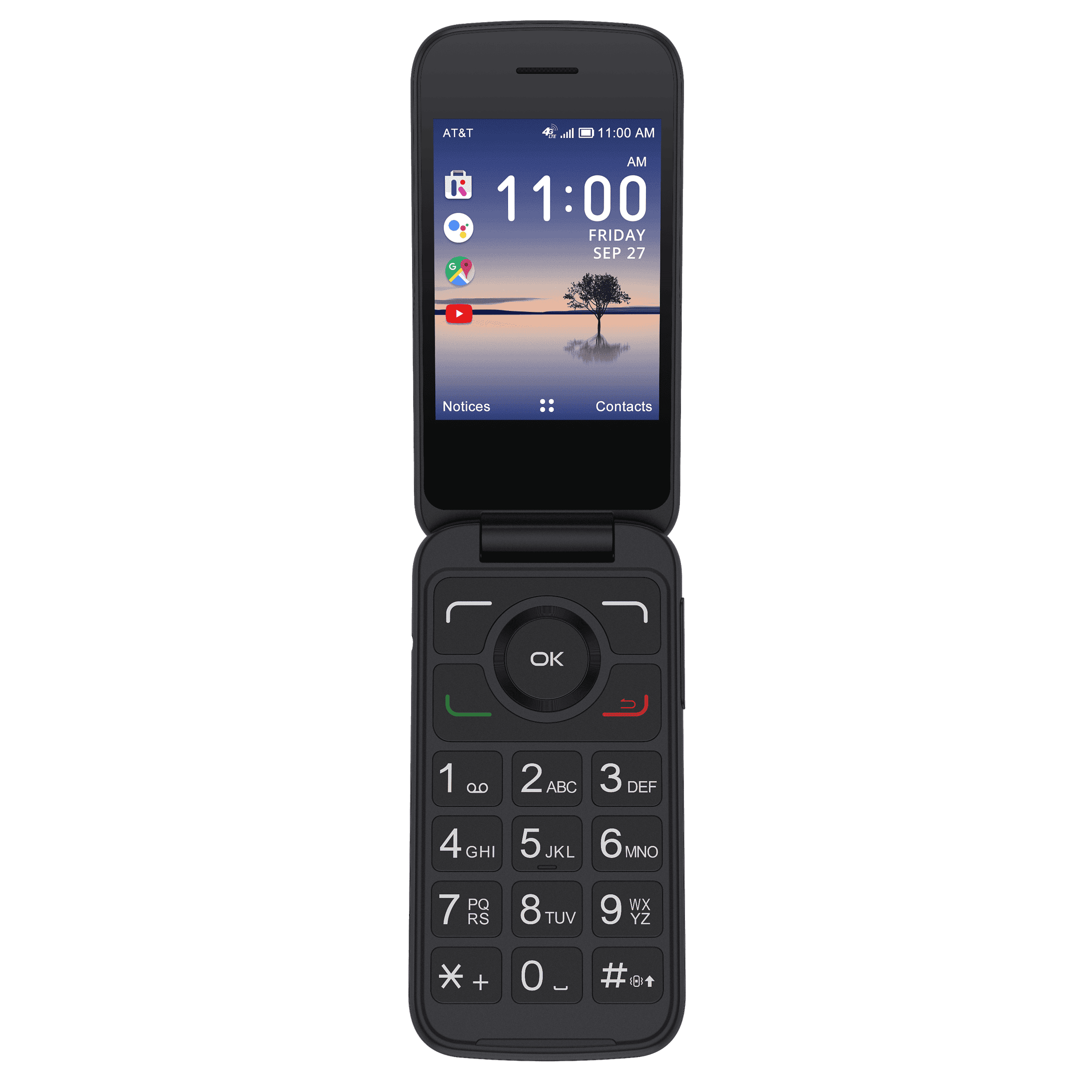Prepaid phone plans are a straightforward way to manage mobile communication expenses. Unlike traditional contracts, prepaid plans allow users to pay in advance for services like calls, texts, and data. This means that there are no surprise bills at the end of the month since you only use what you’ve paid for. These plans offer flexibility and control, ideal for those who want to avoid long-term commitments or who have variable usage patterns.
Not being bound to a multi-year agreement is one of the main draws of a prepaid phone plan. Users can reload their account as needed without worrying about overage charges or being locked into a plan that no longer suits their needs. Prepaid plans can also be more budget-friendly, as they often don’t require a credit check and can be less expensive than contract plans, especially for individual users.
How Prepaid Plans Work
With prepaid plans, you purchase a set amount of minutes, texts, and data upfront. Once you’ve used up your allotted services, you need to “refill” or “recharge” your account to continue using your phone.
The plans function similarly to regular cell phone plans with the same talk, text, and data offerings, but without long-term contractual commitments.
Key Features
No Contract Required
- No long-term commitments (typically 1-2 years)
- Freedom to switch carriers anytime
- No early termination fees
No Credit Check
Most carriers don’t require credit checks for prepaid plans, making them accessible to people with poor or no credit history.
Flexible Payment Options
- Pay monthly, weekly, or even daily depending on the plan
- Choose only the services you need
- Add more minutes/data as needed
Types of Prepaid Plans
True Pay-as-You-Go
- Pay only for what you use
- Charges applied per minute, text, or MB of data
- Best for very light users
Monthly Prepaid Plans
- Fixed monthly rate with set allowances
- More predictable costs
- Often include unlimited options for talk and text
Advantages
Cost Control: You can’t spend more than what you’ve prepaid, preventing bill shock and overage charges.
No Commitment: Switch carriers or plans anytime without penalties.
Budget-Friendly: Often cheaper than postpaid plans, especially for light to moderate users.
Credit Protection: No impact on your credit score since there’s no contract or monthly billing.
Disadvantages
Limited Phone Selection: Fewer premium device financing options compared to postpaid plans.
Potential Service Interruption: If you forget to refill, your service stops immediately.
Less Priority: During network congestion, prepaid users may experience slower speeds as postpaid customers get priority.
Fewer Perks: Generally fewer included benefits like streaming service subscriptions or international roaming.
Who Should Consider Prepaid Plans?
Prepaid plans are ideal for:
- Budget-conscious consumers
- People with poor or no credit
- Light to moderate phone users
- Those who want billing flexibility
- Parents controlling children’s phone usage
- Temporary residents or travelers
Popular Prepaid Carriers
Major carriers like AT&T, Verizon, and T-Mobile all offer prepaid options, along with dedicated prepaid brands like Cricket, Boost Mobile, and Metro by T-Mobile.
Getting Started
- Choose a carrier and plan based on your usage needs and budget
- Purchase a phone (if needed) or bring your existing compatible device
- Buy your first month of service online, in-store, or through retailer cards
- Activate your service following the carrier’s instructions
- Monitor your usage and refill before your plan expires
Prepaid plans offer an excellent way to maintain mobile service while keeping costs predictable and avoiding long-term commitments. They’ve evolved significantly and now offer many of the same features as traditional contract plans, making them a viable option for a wide range of users.
Key Takeaways
- Prepaid plans allow payment for mobile services upfront, eliminating unexpected fees.
- Users can enjoy flexibility without the constraints of long-term contracts.
- Prepaid phone plans can be a cost-effective choice for individual users.
Understanding Prepaid Phone Plans
A prepaid phone plan, also known as a pay-as-you-go or no-contract plan, is a mobile service where you pay in advance for your talk, text, and data usage. Unlike traditional postpaid plans, you’re not locked into a long-term contract and pay for service before you use it.
Prepaid phone plans offer a pay-as-you-go approach to mobile service. Customers pay in advance for the data, minutes, and text messages they plan to use.
Prepaid vs Postpaid Plans
Prepaid plans require users to pay for service before use. In contrast, postpaid users receive a bill at the end of the billing cycle. They often go through a credit check and may be bound by a contract. Postpaid plans can come with perks like phone financing. Prepaid users enjoy the freedom from contracts.
Benefits of Going Prepaid
The main draw of prepaid plans is savings. Users have control over their monthly cell phone bill because they only pay for what they need. Companies like Cricket Wireless and Boost Mobile offer lower-priced plans which appeal to budget-conscious customers. Tech-savvy shoppers can even save by bringing their device.
Common Features and Limitations
Prepaid plans vary but often provide essential services such as calls, texts, and data. Some, like Red Pocket or Mint Mobile, offer unlimited texting. Users might find limitations in data speeds after a certain cap has been reached. Many prepaid carriers allow customers to use their smartphones as a mobile hotspot. While coverage can match that of major carriers, sometimes it might be less extensive due to network sharing agreements between prepaid services and network owners.







